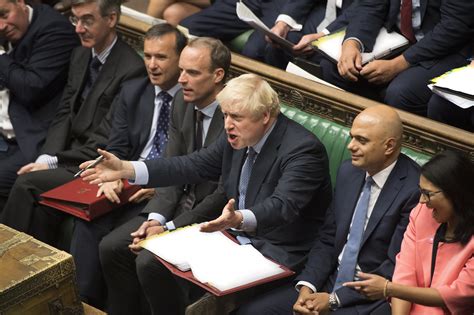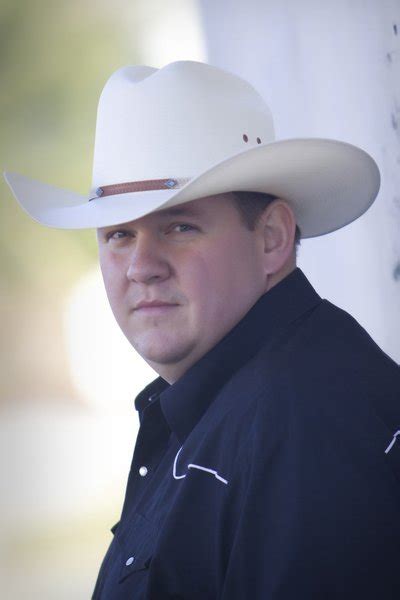A Quote by Zbigniew Brzezinski
Regret what? That secret operation was an excellent idea. It had the effect of drawing the Russians into the Afghan trap and you want me to regret it? The day that the Soviets officially crossed the border, I wrote to President Carter. We now have the opportunity of giving to the USSR its Vietnam war. Indeed, for almost 10 years, Moscow had to carry on a war unsupportable by the government, a conflict that brought about the demoralization and finally the breakup of the Soviet empire.
Quote Topics
About
Afghan
Almost
Border
Breakup
Brought
Carry
Carter
Conflict
Crossed
Day
Demoralization
Drawing
Effect
Empire
Excellent
Finally
Giving
Government
Had
Idea
Indeed
Me
Moscow
Now
Officially
Operation
Opportunity
President
President Carter
Regret
Russians
Secret
Soviet
Trap
Ussr
Vietnam
Vietnam War
Want
Want Me
War
Wrote
Years
You Want Me
Related Quotes
According to the official version of history, CIA aid to the Mujahideen began during 1980, that is to say, after the Soviet army invaded Afghanistan, 24 Dec 1979. But the reality, secretly guarded until now, is completely otherwise. Indeed, it was July 3, 1979 that President Carter signed the first directive for secret aid to the opponents of the pro-Soviet regime in Kabul. And that very day, I wrote a note to the president in which I explained to him that in my opinion this aid was going to induce a Soviet military intervention.
For 40 years we were led to think of the Russians as godless, materialistic and an evil empire. When the Cold War ended, we suddenly discovered that Russia was a poor Third World country. They had not been equipped to take over the world. In fact, they were just trying to improve a miserable standard of oppressive living, and couldn't. They had to spend too much on arms build-up. We didn't win the Cold War; we bankrupted the Russians. In effect, it was a big bank exhausting the reserves of a smaller one.
It seemed to me singularly ill-contrived for the British government to be going to war with Hitler when Hitler might have been about to attack the Russians, and even more ill-contrived that, when Hitler did attack the Russians, he had already defeated the French army. What I'm saying is that the war shouldn't have been started in September 1939...from the point of view of Britain, the war was really not a good thing and I would regard it as, in effect, a defeat.
Mother’s Day really was in its origin an antiwar day, an antiwar statement. Julia Ward Howe was sickened by what had happened during the Civil War, the loss of life, the carnage, and she created Mother’s Day as a call for women all over the world to come together and create ways of protesting war, of making a kind of alternate government that could finally do away with war as an acceptable way of solving conflict.
In 2001, we were told that the war in Afghanistan was a feminist mission. The marines were liberating Afghan women from the Taliban. Can you really bomb feminism into a country? And now, after 25 years of brutal war - 10 years against the Soviet occupation, 15 years of US occupation - the Taliban is riding back to Kabul and will soon be back to doing business with the United States.
The characters in my novels are my own unrealized possibilities. That is why I am equally fond of them all and equally horrified by them. Each one has crossed a border that I myself have circumvented. It is that crossed border (the border beyond which my own "I" ends) which attracts me most. For beyond that border begins the secret the novel asks about. This novel is not the author's confession; it is an investigation of human life in the trap the world has become.
We were never lovers, and we never will be, now. I do not regret that, however. I regret the conversations we never had, the time we did not spend together. I regret that I never told him that he made me happy, when I was in his company. The world was the better for his being in it. These things alone do I now regret: things left unsaid. And he is gone, and I am old.
Most of us who were opposed to the war, especially in the early '60's - the war we were opposed to was the war on South Vietnam which destroyed South Vietnam's rural society. The South was devastated. But now anyone who opposed this atrocity is regarded as having defended North Vietnam. And that's part of the effort to present the war as if it were a war between South Vietnam and North Vietnam with the United States helping the South. Of course it's fabrication. But it's "official truth" now.
We talk about how hard it is now. But if we look back at the '60s, we actually had a president that was assassinated. We had riots, we had Vietnam, Martin Luther King, Malcolm X, the FBI, and the Black Panther war. There was so much happening at the time where it felt like America was coming apart at the seams.
The Vietnam War was so obviously evil and bore down most heavily upon working class youth that it made me think about things more deeply than I had before. It disillusioned me completely and forever about the government. And it made me aware that the media and the government lied almost as a matter of course. But it also opened my eyes to what was really going on in America.





























